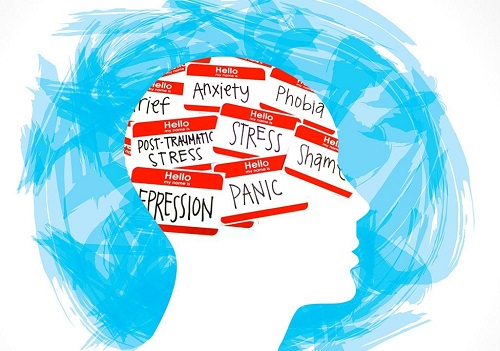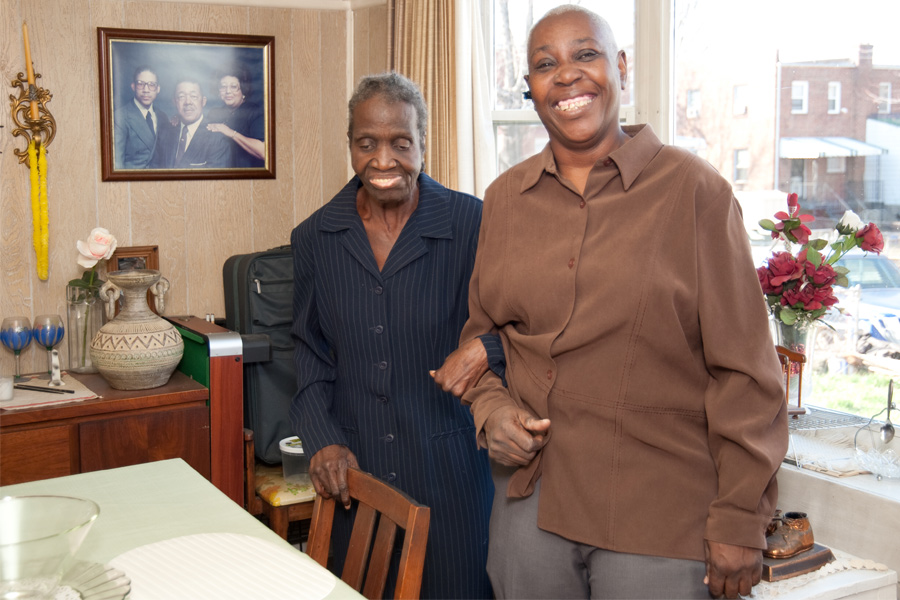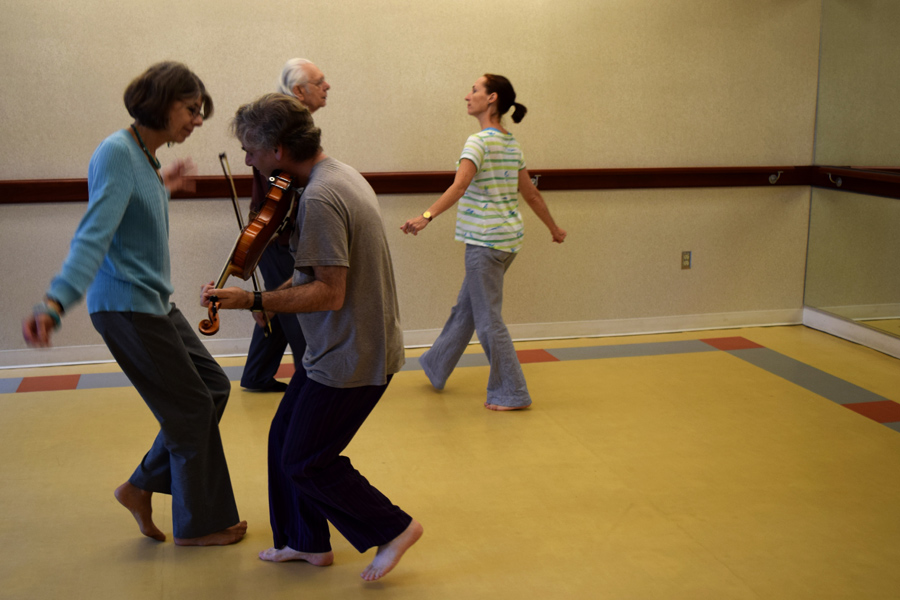7 Questions & 7 Ways to Better Your Mental Health

 May is Mental Health Month. Are you giving your mental health the right attention? If you’re not sure, you’re not alone!
May is Mental Health Month. Are you giving your mental health the right attention? If you’re not sure, you’re not alone!
People are affected by depression, anxiety, and other challenging emotions. At Iona, we want you to be able to display your best self, as reflected in our tagline: Age Well. Live Well.
To achieve this, here are some questions to ask yourself, and to discuss with your primary care doctor, to take stock of your mental health.
- Are you consistently getting a full night’s rest? Getting at least 8 hours of sleep helps you maintain energy and focus.
- Are you eating balanced meals regularly? Eating the right foods also helps you maintain high energy, without giving you the ‘itis or making you feel drowsy and unmotivated.
- Are you drinking at least eight glasses of water daily? Daily hydration (eight, 8-ounce glasses per day are recommended) keeps your mind sharp and allows your brain to function properly. It also helps to maintain your focus and attention.
- Do you experience more positive thoughts or emotions than negative ones? Remember, just because you think something, doesn’t mean it’s true. Negative thoughts can take a toll on your mood, self-image, and view of others. Such thoughts can evolve into doubt, pessimism, and lower self-esteem, among other things.
- Do you have effective ways for managing stress and incorporating “you-time”? Stress can happen anytime, and most often, does. Make sure you have activities or time in your day to help you unwind and relax.
- Do you engage in physical activity or exercise regularly? Keeping your body active and moving produces endorphins that improve your mood, and helps you and your mind stay nimble.
- Are you free of toxic relationships with friends, associates, or loved ones? The people that surround you directly affect your mood and energy.
If you answered “no” to any of these questions, here are suggestions to help you make a change.
- Trouble sleeping? Try incorporating calming practices, such as taking a warm bath before bed, or using calming scents or candles around you (lavender is popular for its soothing and calming benefits).
- Pay close attention to how the food you eat makes you feel hours later or the next day. You can also talk to your primary care doctor or a licensed nutritionist.
- Set specific times and reminders to help you establish a routine for drinking water. Carry a large water bottle or thermos around with you.
- Try to flip negative thoughts into positive ones when appropriate. Ask yourself how accurate a negative thought is—this often allows you to see the situation more realistically. Finding new ways to deal with challenging emotions can help motivate you and empower you. Working toward solutions will also help combat negative thoughts and feelings.
- Carving out personal time has many benefits for keeping your mental health strong. Engaging in new activities or favorite hobbies allows you time to organize your thoughts, and unplug from your daily routine. One way to do this is by incorporating art to help reduce stress and increase self-awareness. Check out our Art Healing for Stress Management blog for more details.
- Go for a daily walk or run. Sign up for a fitness class, or even look into wellness centers that incorporate daily movement. Iona has different fitness classes for you to choose from. You can also check out our newest program Around Town DC to locate fitness classes, and other activities in your neighborhood.
- Maintain healthy boundaries with toxic people in your life. Toxic people drain you of your energy and take away from your happiness. Creating boundaries will free up space in your life for more supportive people and valuable activities.
Good mental health is important and needs constant nurturing. If you’re concerned about your mental health, talking it out with someone you trust can be a good starting point. Talk to a family member or friend, your doctor, faith leader, or a psychotherapist. You might also consider joining a support group.
We hope that you find these strategies helpful, and that you feel encouraged to take steps for your mental health today.
If you’d like to get connected to more resources, you can call our Helpline at (202) 895-9423 or email info@iona.org.
Related Articles

The Stories of Dementia in the District

A Couple’s Vows Create Opportunities to Age Well

Can You Imagine Taking Three Buses to Get to Iona?

